Academics seem to agree that Qatari literature dates back to the 19th century, a period in which poetry was the main form of expression, with verses centered on the vocations of fishing and pearl-diving. The country’s discovery of oil in the mid-20th century saw many Qataris discard their Bedouin traditions and practices to transition into a more urban lifestyle. As such, literature became divided into two periods: one before the oil period, dominated by poetry; and another, following the discovery of oil, that saw the emergence and predominance of the short story and the novel.
The increased prosperity of the country allowed for the introduction of formal education as well as the chance for Qataris to travel abroad to attend higher institutes of education. The rise in literacy meant that literature, in all its forms, could now be written down by more people. With Qataris’ increased wealth and mobility of travel, Qatari literature was soon emulating the writing styles and practices of neighboring countries with more established literary cultures, such as Egypt, Syria, and Lebanon.
Despite its declining dominance, poetry has remained a long-honored genre even in the 21st century, most notably during the 2010 uprisings in the region, which witnessed the re-emergence of political poetry. Qatari poet Mohammed al-Ajami was imprisoned in 2012 allegedly for publicly reading a poem in which he criticized Qatar’s emir. He was finally released in March 2016, after four years of detention.
Short stories became more prominent in the 1970s. By then, calls for improving the social standing of Qatari women were in full force. In 1978, Kaltham Jaber became the first Qatari woman to author an anthology of short stories; Ania wa Ghabat as-Samt wa at-Taraddud focused on advocating that Qatari women have a role in restructuring social norms and cultural conceptions. Other vocal proponents of women’s rights included short story writers Umm Aktham (the pseudonym of Fatimah Turki), Mai Salem, Abeer Al Suwaidi, and Noura Al Saad.
Since the 2000s most Qatari novels explore topics of social change, cultural alienation, and political issues, many of which are expressed through fictitious autobiographies, personal experiences and historical re-imaginings. Many have been translated into English and all the books listed below fall into this category.
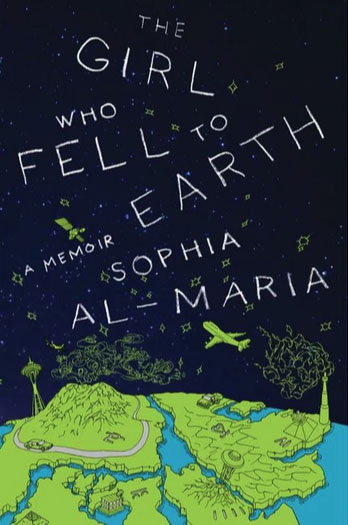
The Girl Who Fell to Earth by Sophia Al-Maria (Harper Perennial, 2012).
Seattle-born Sophia Al-Maria is an award-winning filmmaker, artist and writer. Her work has been exhibited at the Gwangju Biennale, the New Museum in New York, and the Architectural Association School of Architecture in London. She works with the concept of “Gulf Futurism” (a term she coined) and the inkling that the state of the contemporary Arabian Gulf is a premonition of the global future.
The Girl Who Fell to Earth is an intimate and wry coming-of-age memoir about a woman growing up between what she describes as her “redneck family in Washington State” and “her Bedouin family in Qatar” while touching on the Gulf War, 9/11, increased Islamophobia in the US, and other moments of social and cultural upheaval in the Arab region as the tale moves between Qatar, US and Cairo.
When her father takes a second wife, Al-Maria and her mother (a converter to Islam) return to America where Sophia spends part of her childhood on her grandmother’s farm in Washington State. By the time she is in fifth grade, she feels suffocated by her mother’s paranoia of strangers. With tensions mounting she seeks freedom in her Bedouin father’s multi-generational home in Qatar where women were substituting their bright calico dresses and pierced noses and long braids, with black veils covering their whole bodies “to protect their honor and identities,” now that the Bedouins lived in closer proximity to neighbors “with forked tongues” following the discovery of oil and their reallocation, by the government, into settlements.
As she grapples to find her footing between modernity and tradition in a Gulf state, experiencing what Al-Maria describes as the Bedouins’ “long, slow retreat into the concrete domesticity of modern sedentary life,” and “where all of the Gulf had a bad case of nouveaux riches,” she is haunted by the feeling that she is perpetually in exile.
After finishing high school at an American school in Qatar, the author moves to Cairo where she is “cat-called, dirty-talked, insulted, felt-up, slapped, hotly breathed upon and groped,” until, in the mountains of Sinai, she is finally able to liberate herself from the burden of her mother’s “pragmatic ideals of manifest destiny” and her father’s “deep belief in the precision of Allah’s intention” to find her way to a home that has always eluded her.
This is a searing memoir about colliding cultures, immigration, religion, loss, healing and family as Al-Maria takes her readers on an intimate journey into how we find ourselves through love, distance, and heartbreak.
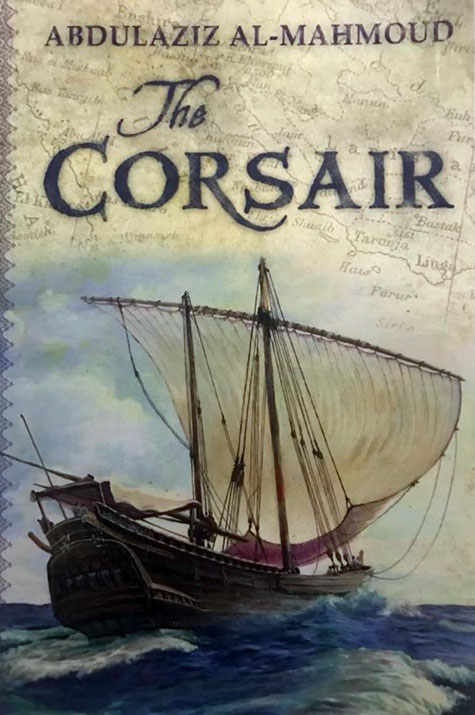
The Corsair by Abdulaziz Al Mahmoud (Bloomsbury US, 2013).
Set in the 19th century, The Corsair is a historical debut novel by Qatari engineer and journalist Abdulaziz Al Mahmoud, who was inspired by a book, Coast of Pirates, that he found in a library in Lincolnshire in the UK. The novel sheds light on an overlooked period in the history of the region during the bloody and violent power struggle between the British Empire, keen on protecting its East India Company ships, and the dissenting Gulf Arab tribes, particularly those following the Wahhabi strain of Salafi Islam.
The novel revolves around Erhama bin Jaber, who is based loosely on the notorious pirate Rahmah ibn Jaber al-Jalhami. The latter intercepted a British ship carrying a priceless Indian sword as a gift from the British High Commissioner in India to Ibrahim Pasha, commander of the Egyptian armies, to persuade Egypt to join an international alliance with Oman and Persia to fight the Wahhabis in a bid to suppress tribal rebellions in Najd and Hijaz, modern-day Saudi Arabia.
In an interview with the Arabic channel Asmar Wa Afkar, Al-Mahmoud pointed out that the reason he wrote The Corsair was because he wanted to relay the history of the region from a Khaleeji perspective. “Most of what we know about the region in the 19th century comes from western books and particularly the main character of the novel Erhama bin Jaber who is cited as an outlaw and a criminal. It’s true that he was no angel, and yet based on the stories that exist in the collective and popular consciousness of the Arabian Gulf, Al-Jalhami (who Erhama is based on) was known to be fiercely patriotic, chivalrous, and generous. He was also a skilled war strategist. Many, to this day, regard him as a national hero for his defiance of foreign colonialist rule in the region.”
Al-Mahmoud, who has worked as editor-in-chief of Alsharq and The Peninsula newspapers as well as aljazeera.net, skilfully employs time, place, characters, and structure to tell a tale of high-seas piracy, political intrigue, unexpected kinships, and personal betrayals that serve to extend Qatari national history.
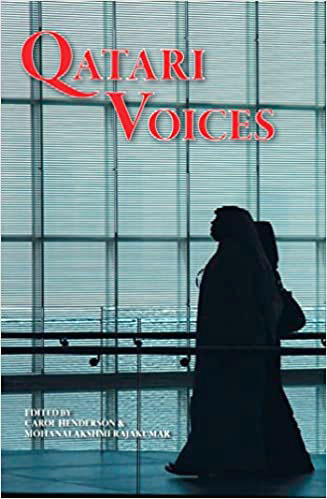
Qatari Voices by Mohanalakshmi Rajakumar (Bloomsbury Qatar, 2010)
This anthology includes the work of 25 young creative Qatari authors. The essays and stories are intimate glimpses of old reminiscences and longings for the simple past, concerns about a challenging present, and aspirations for the future. They also tackle sensitive issues such as arranged marriages and gender discrimination.
In the introduction, the editors write that “the personal essay has been a thriving writing form for over two thousand years, inviting the reader to eavesdrop on the writer’s mind as it meanders on a given topic or issue. A good essayist, like a good writer in any genre, seeks to cultivate an engaging voice, illuminate through concrete example, and transport the reader from an individual to a universal perspective. For aspiring writers in Qatar, the essay has proven to be a powerful vehicle for self-expression and dialogue in the public sphere.”
Other books by Rajakumar have focused on various aspects of life in Qatar. From Dunes to Dior is a collection of essays related to her experiences as a female South Asian American living in the Arabian Gulf. Her literary romance novel Love Comes Later is set in Qatar and London, and her novel The Dohmestics (2014) is an inside look into compound life in Qatar and the day-to-day dynamics between housemaids and their employers.
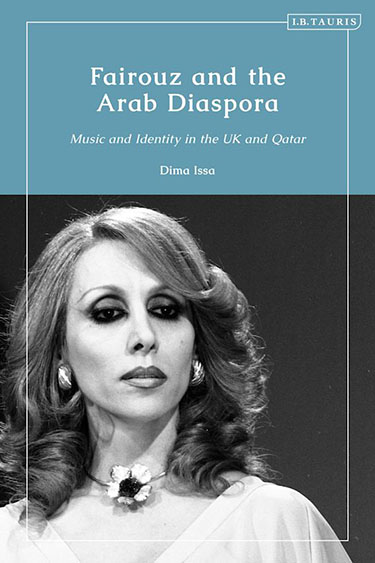 Fairouz and the Arab Diaspora: Music and Identity in Qatar and the UK by Dima Issa (Bloomsbury Publishing, May 2023)
Fairouz and the Arab Diaspora: Music and Identity in Qatar and the UK by Dima Issa (Bloomsbury Publishing, May 2023)
Nouhad Wadie’ Haddad, known as Fairouz, is a Lebanese singer considered one of the leading vocalists and most famous singers in the history of the Arab world. She is the musical icon of Lebanon and is popularly known as “the soul of Lebanon” and the voice of hope. Having recorded over 1,500 songs and sold over 100 million records, her body of work is vast and globally admired.
After the Port Explosion in Beirut on August 4, 2020, in which over 200 people were killed and thousands lost their homes, it was to Fairouz’s home that French President Emmanuel Macron headed to bestow upon the singer France’s highest award, the Legion of Honour.
Fairouz is known for her ability to transcend boundaries of nation, religion and political affiliation; Fairouz and the Diaspora by Senior Lecturer Dima Issa at Balamand University in Lebanon, explores the role of Fairouz’s music in creating a sense of Arab identity amidst a changing political and economic context.
Based on two years of research, including 60 interviews, her book takes an ethnographic approach, focusing on audience reception of Fairouz’s music among the Arab diasporas of London and Doha. It shows that, for many of the Lebanese music icon’s followers there, talking about Fairouz often means discussing diasporic life and bringing to the surface notions of Arabness and authenticity, presence and absence, naturalization and citizenship, and gender. Conversations with the research respondents shed light on the idea of iltizam (commitment), or how members of the Arab diaspora hold on to attributes that they feel define and differentiate them from others.



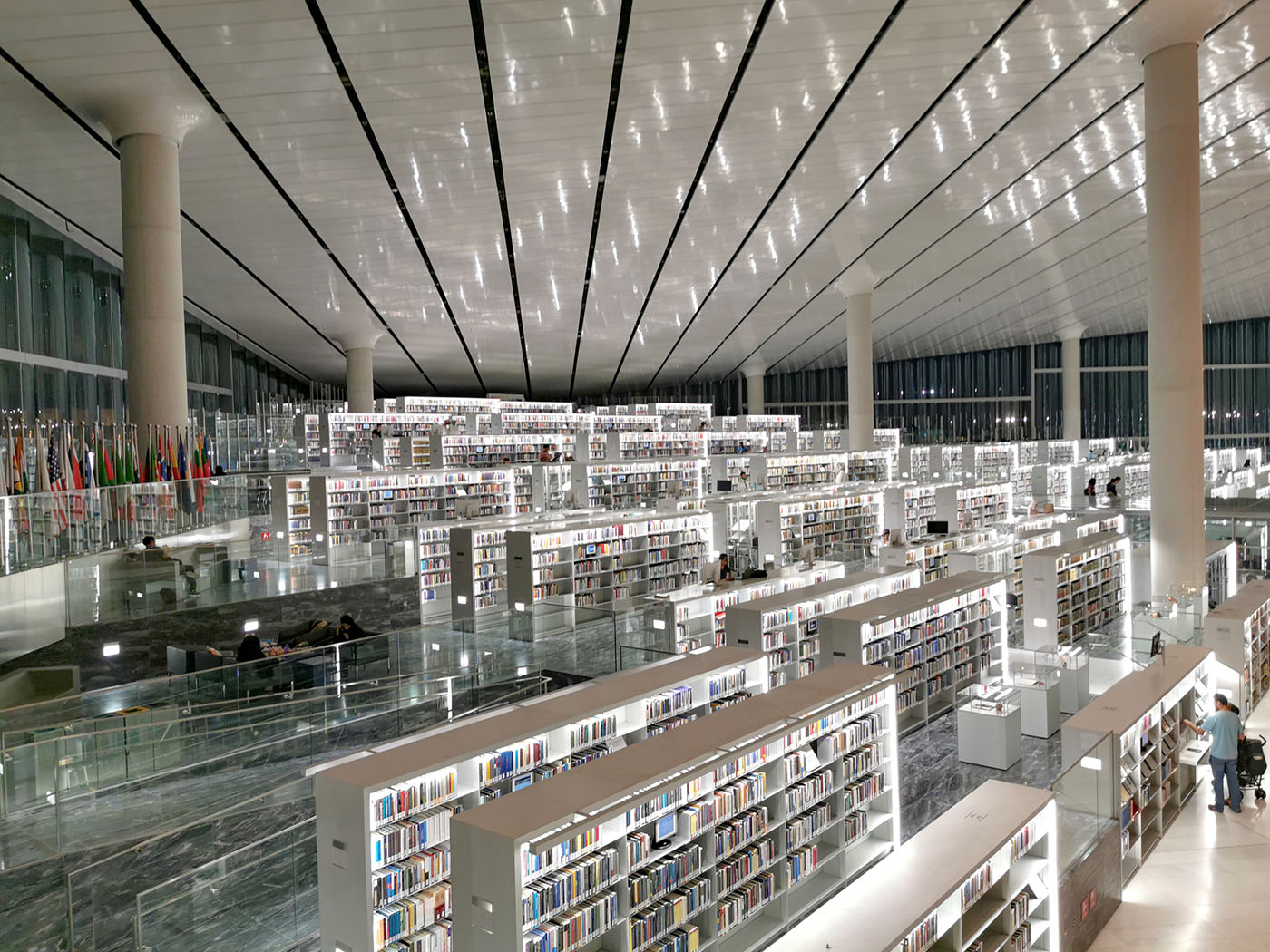
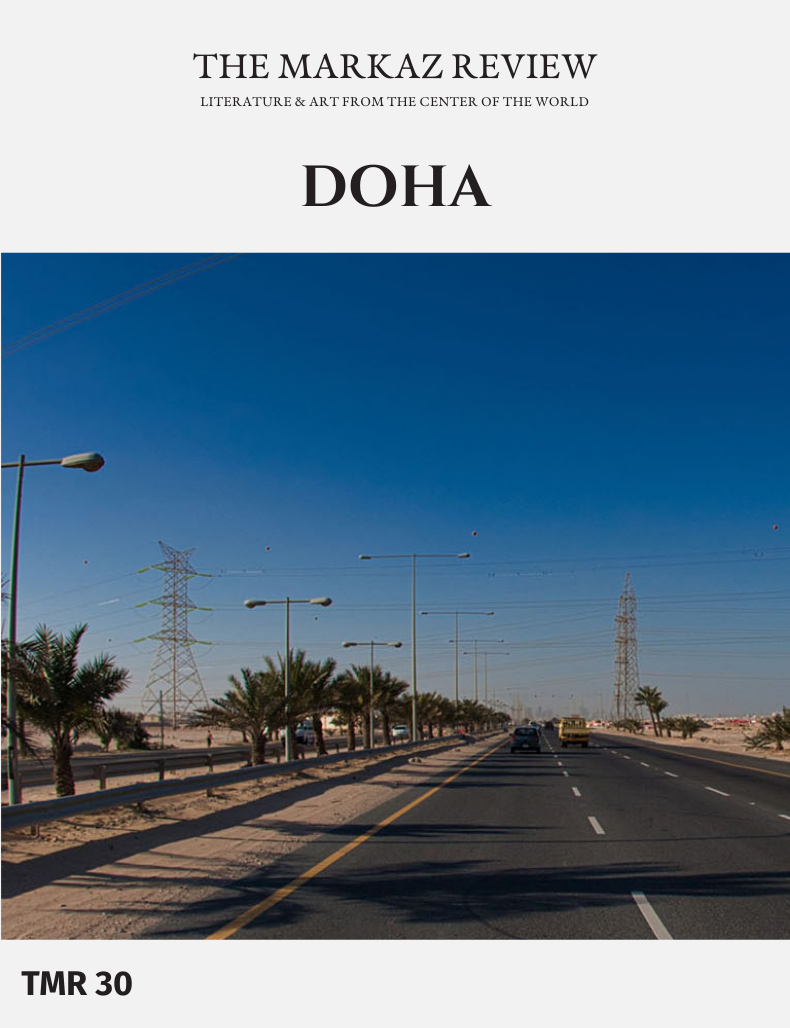

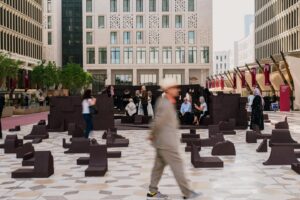
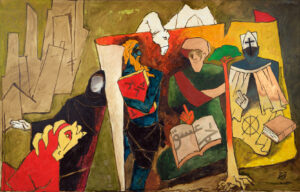
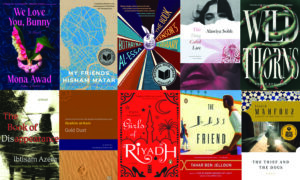




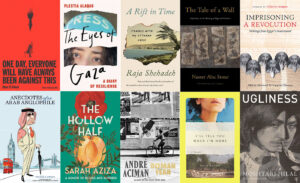



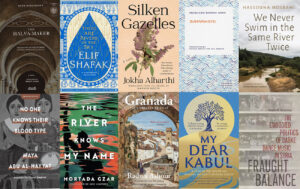

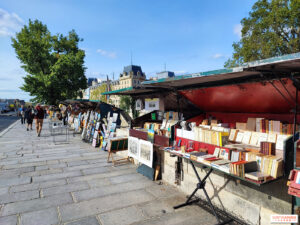
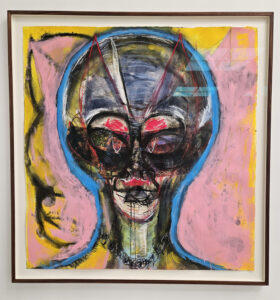















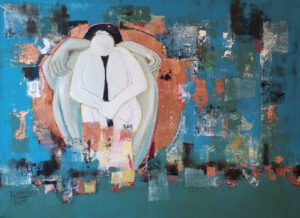
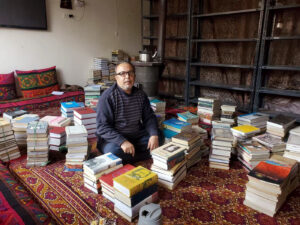
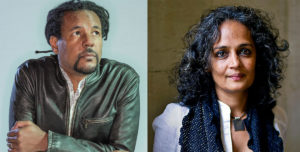
I enjoyed this article.